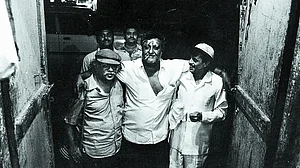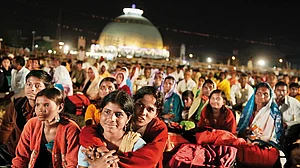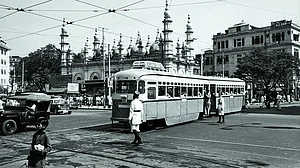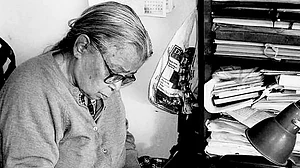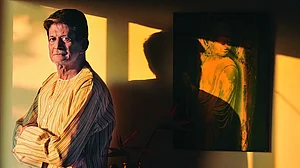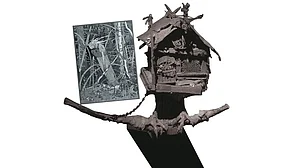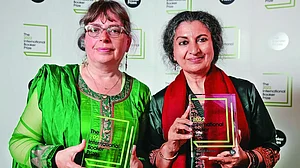A Bitter-Sweet Experience in the World of Literary Translations: In the global Anglophone market, only the novel and big non-fiction travel. Our best poetry languishes. Let us return to poetry.
BY S. Anand 13 June 2022
The International Booker Prize for Geetanjali Shree's Ret Samadhi put the spotlight on literature and translations, but for publishers, they often fail to even provide the necessary breathing space to stay afloat. For a majority of publishing houses, both indie and big, translation work has to be subsidised.
BY Nawaid Anjum 13 June 2022
For years, Indian publishers have sought government help that will allow them to pay translators a decent wage for their work so that literature can speak beyond the borders
BY Urvashi Butalia 13 June 2022
'Like some people are driven to write, some people are driven to translate out of an urge to share something of literary value,' says V Ramaswamy who began translating accidentally in 2005.
BY V Ramaswamy 13 June 2022
For years, Bengali has had dominance among other Indian languages when it came to literature translated into other languages. For the late 19th and early 20th century writers, the examples of Bengali writers getting translated in other Indian languages are more than literature from other Indian languages getting translated into Bengali.
BY Snigdhendu Bhattacharya 13 June 2022
Let us hope that with the stamp of the Booker Prize on Geetanjali Shree’s novel, it will be more present in the storefront of book-sellers. And after it, other books translated from the bhashas
BY Annie Montaut 13 June 2022
The rich world of Marathi literature has been greatly let down by translators who lack creativity and publishers who lack conviction
BY Haima Deshpande 13 June 2022
With a view to bringing voices from faraway places, especially of the marginalised and the forgotten, we have had poetry, stories and reports translated from Hindi, Punjabi, Assamese, Tamil, and Kashmiri in recent issues. We will strive to enrich readers with more regional poetry, literature and stories from all across the country in the coming editions.
BY Outlook Bureau 13 June 2022
Of finding new cultures in translated Russian novels, having a private language and the joy when these two worlds meet
BY Chinki Sinha 13 June 2022


